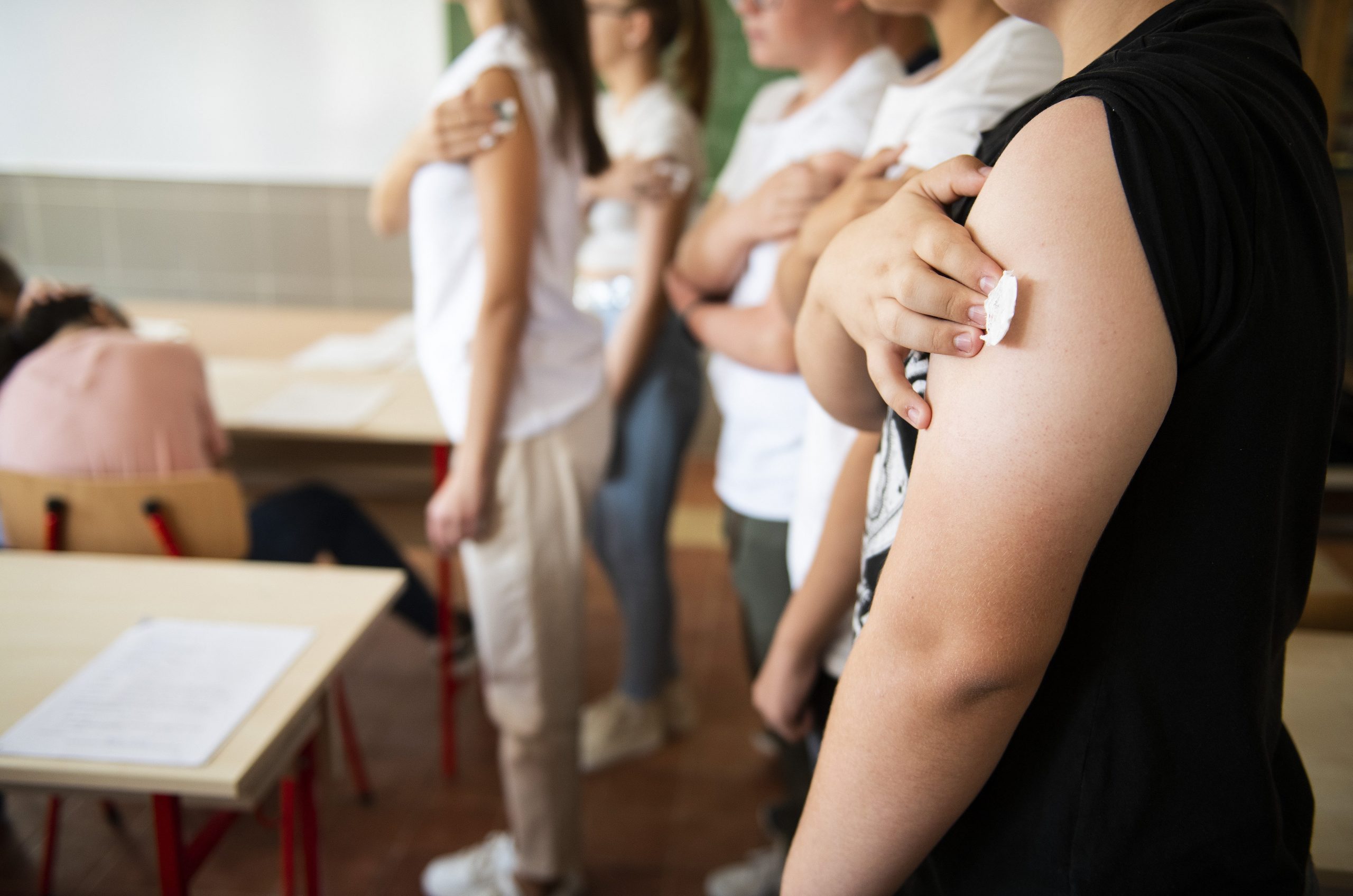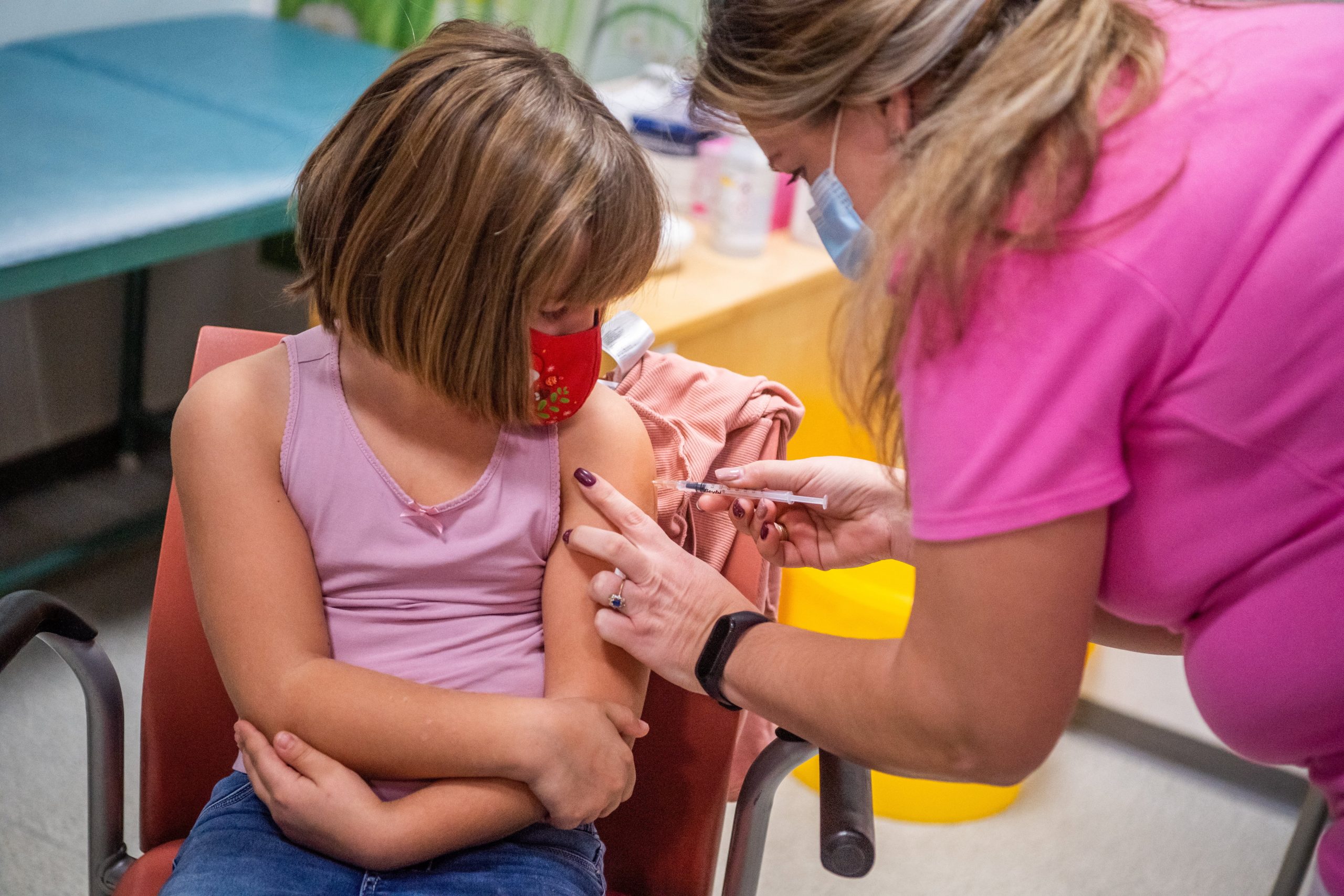
Hungary is expected to receive 138,000 doses of the Pfizer/BioNTech vaccine in the first round, half of which can be used immediately, while the other half must be saved for second jabs.Continue reading

Today, on 15 December children between the age of 5 and 11 can get vaccinated with the Pfizer vaccine. According to experts, there are more positive cases requiring treatment than before in the age group as well, thus they are urging parents to get their children vaccinated.
As we have also reported before, at the end of November, it was announced that Hungary will participate in the European Union’s third vaccine purchase contract with Pfizer/BioNTech.
According to the President of the Association of General Pediatricians, there are many more patients in hospitals than there were in previous waves of the epidemic, and many more children are being hospitalized due to the higher infectivity of the delta variant and the low vaccination rate among under-18s. Vaccination of this age group requires the consent of parents and guardians, who are concerned about the need to administer the vaccine, fearing complications and interpreting their children’s vaccination as unnecessary on the grounds that the virus is milder in children, Portfolio reports.
Zsófia Mészner, Chief Physician of Heim Pál Children’s Hospital, spoke on Spirit FM about how viral infections can cause serious conditions even in perfectly healthy children. This is particularly true for children who are not completely healthy: “In many cases, the coronavirus alone would not be fatal, but if the body is weakened or if, for example, the diabetes is not treated, or the child is overweight, perhaps twenty to thirty kilos overweight, and has a detectable blood pressure problem, that is a risk, just as it is in adults,” pediatrist György Póta said. It is important to note that children are also often the carriers of the virus.
GPs’ offices and 77 hospitals nationwide have started the inoculation of the 16,000 children who have already made an appointment after registration, István György told public news channel M1. Children’s inoculation is very important, as children can spread the disease even though they usually display only milder symptoms, he said.
Dr. Zoltán Szekanecz, a specialist in internal medicine, immunology, rheumatology, professor at the University of Debrecen, and Doctor of the Hungarian Academy of Sciences, previously said regarding vaccination for children that “the big companies do very serious tests on thousands of children before they bring this in. So it’s not like they’ve said that if it works on adults, it must work on children.” Indeed, the effectiveness of the vaccine has been studied for use in nearly 2,000 children aged between 5 and 11 years. The European Medicines Agency recommends vaccination at one-third of the total dose for 5-11-year-olds.
According to Szabad Európa, children may experience the same side effects as adults after getting vaccinated. This might be injection site pain, redness and swelling, muscle pain, and chills. Rarely, but for a day or two, headaches, discomfort, and fatigue can occur too. These effects are usually mild to moderate and improve within a few days after vaccination.
Featured image via Zoltán Balogh/MTI